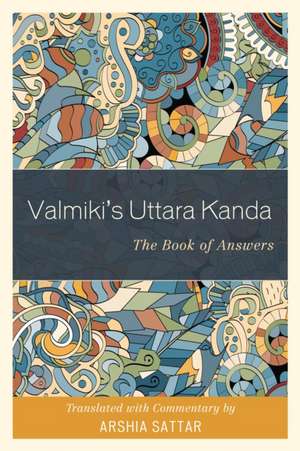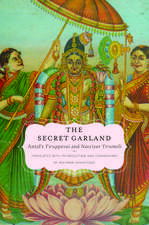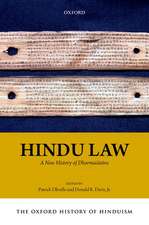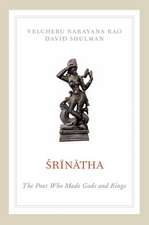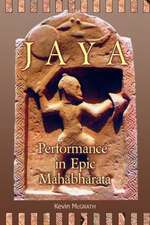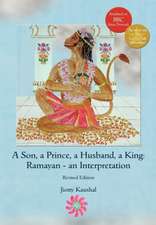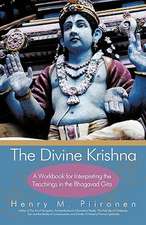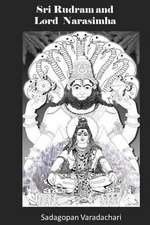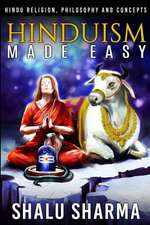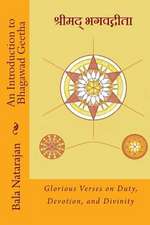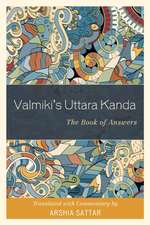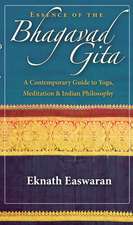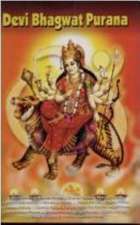UTTARA KANDA THE BOOK OF ANSWEPB
en Limba Engleză Paperback – 30 aug 2017
Preț: 307.02 lei
Nou
Puncte Express: 461
Preț estimativ în valută:
58.76€ • 60.70$ • 48.90£
58.76€ • 60.70$ • 48.90£
Carte tipărită la comandă
Livrare economică 25 martie-08 aprilie
Preluare comenzi: 021 569.72.76
Specificații
ISBN-13: 9781538104200
ISBN-10: 1538104202
Pagini: 316
Dimensiuni: 305 x 154 x 18 mm
Greutate: 0.45 kg
Editura: Rowman & Littlefield
ISBN-10: 1538104202
Pagini: 316
Dimensiuni: 305 x 154 x 18 mm
Greutate: 0.45 kg
Editura: Rowman & Littlefield
Notă biografică
Descriere
The last and most intriguing book of the Ramayana, the Uttara is rendered here by Arshia Sattar in vivid, sensuous detail. Accompanied by her thoughtful essays that explore the moral complexity of this most enduring of epics, this translation crystallizes Sattar's deep and intimate knowledge of the Ramayana in a way that is utterly compelling.
